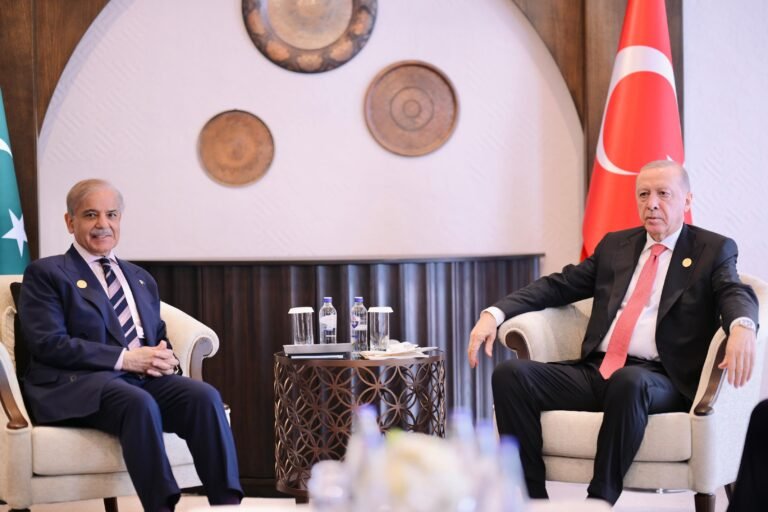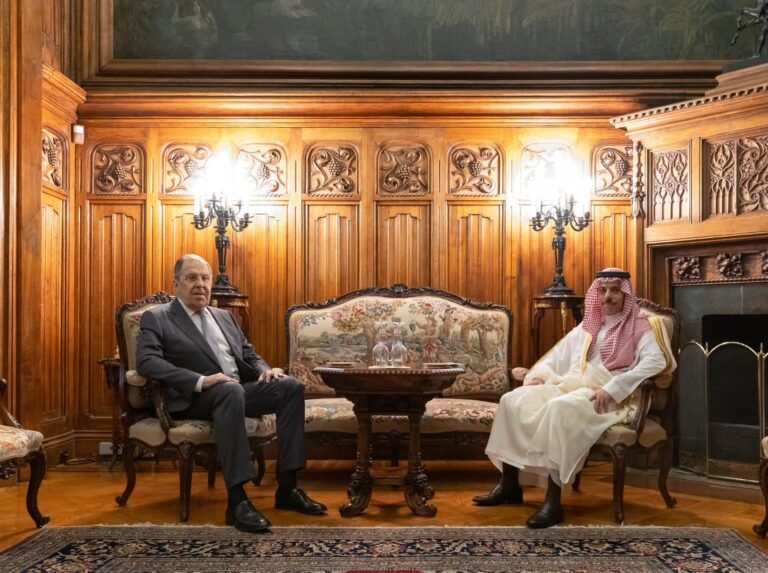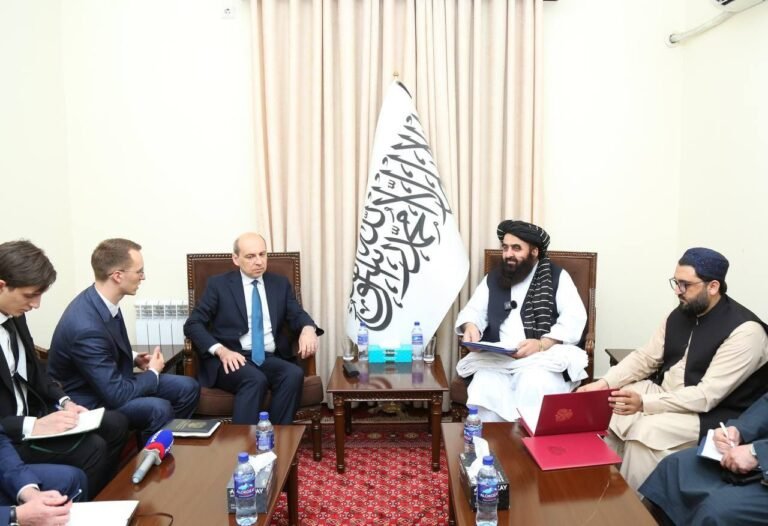Eight people were killed and 2,800 injured when pager devices belonging to Hezbollah fighters exploded across Lebanon and parts of Syria on Tuesday, Lebanon’s minister of health said on Tuesday.
Why it matters: The explosions took place amid growing escalation between Israel and Hezbollah in recent weeks, which U.S. officials are highly concerned will devolve into all out war.
- No group has claimed responsibility for the explosions, but suspicion immediately fell on Israel’s intelligence services.
- A Lebanese government spokesperson said the government sees Israel as responsible for the pager explosions and considers the attacks a violation of Lebanese sovereignty.
The latest: Hezbollah said in an official statement that pagers used by members of several of its military units and institutions exploded. A source with knowledge of the incident told the pagers were widely used by Hezbollah members, including senior officials in the militia.
- The Lebanese health minister said 200 people were seriously wounded. Reuters reported that “hundreds” of Hezbollah members were wounded, citing a security source. Iran’s ambassador to Lebanon was “lightly wounded” in one explosion, Iran’s embassy in Beirut said.
- Videos shared on social media from CCTV across Lebanon showed several of the explosions. Lebanese media outlets reported from hospitals across the country, where dozens of wounded people were being treated for injuries to their waist and crotch areas.
State of play: Hezbollah didn’t accuse Israel of being behind the explosions and said in a statement that it opened an investigation regarding the incidents.
- Hezbollah-affiliated media reported explosions took place in multiple regions of Lebanon.
- The Lebanese health ministry put hospitals on high alert to deal with casualties, and urged citizens who use pagers to throw them away.
- Hezbollah leader Hassan Nasrallah had previously urged members of the group to stop using cell phones for security reasons.
- An aide to Israeli Prime Minister Benjamin Netanyahu posted and then deleted a tweet hinting Israel was responsible for the operation. Netanyahu’s office has now cautioned government ministers not to speak publicly about the situation for the time being.
The backdrop: In the last 48 hours, Israeli Prime Minister Benjamin Netanyahu and senior members of his government and security services have been holding around the clock consultations about the situation in Lebanon.
- On Monday, U.S. envoy Amos Hochstein visited Israel and warned Netanyahu that initiating a war against Hezbollah in Lebanon could have disastrous consequences.
- Netanyahu told Hochstein that Israel must act to return displaced Israelis to their homes on the northern border, which they left after Hezbollah started attacking Israel on October 8.
Zoom in: The explosions happened several hours after the Israeli Shin Bet security agency issued a statement claiming it had foiled an assassination attempt by Hezbollah against a former senior military official inside Israel.
- The Shin Bet released a photo of a sophisticated explosive device it said the militia planned to use, which it said it had captured.
What to watch: Hezbollah may feel compelled to respond to this embarrassing blow, raising the risk of further escalation.








I’m extremely impressed together with your writing
talents as well as with the structure on your weblog.
Is that this a paid topic or did you modify it your self? Anyway stay up the nice quality writing,
it’s uncommon to look a nice weblog like this one today.
Snipfeed!